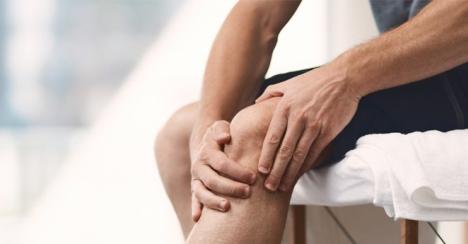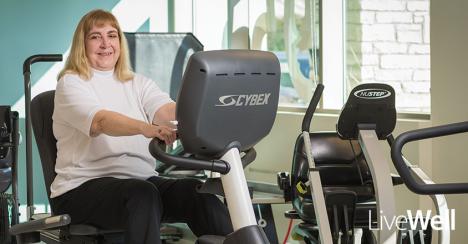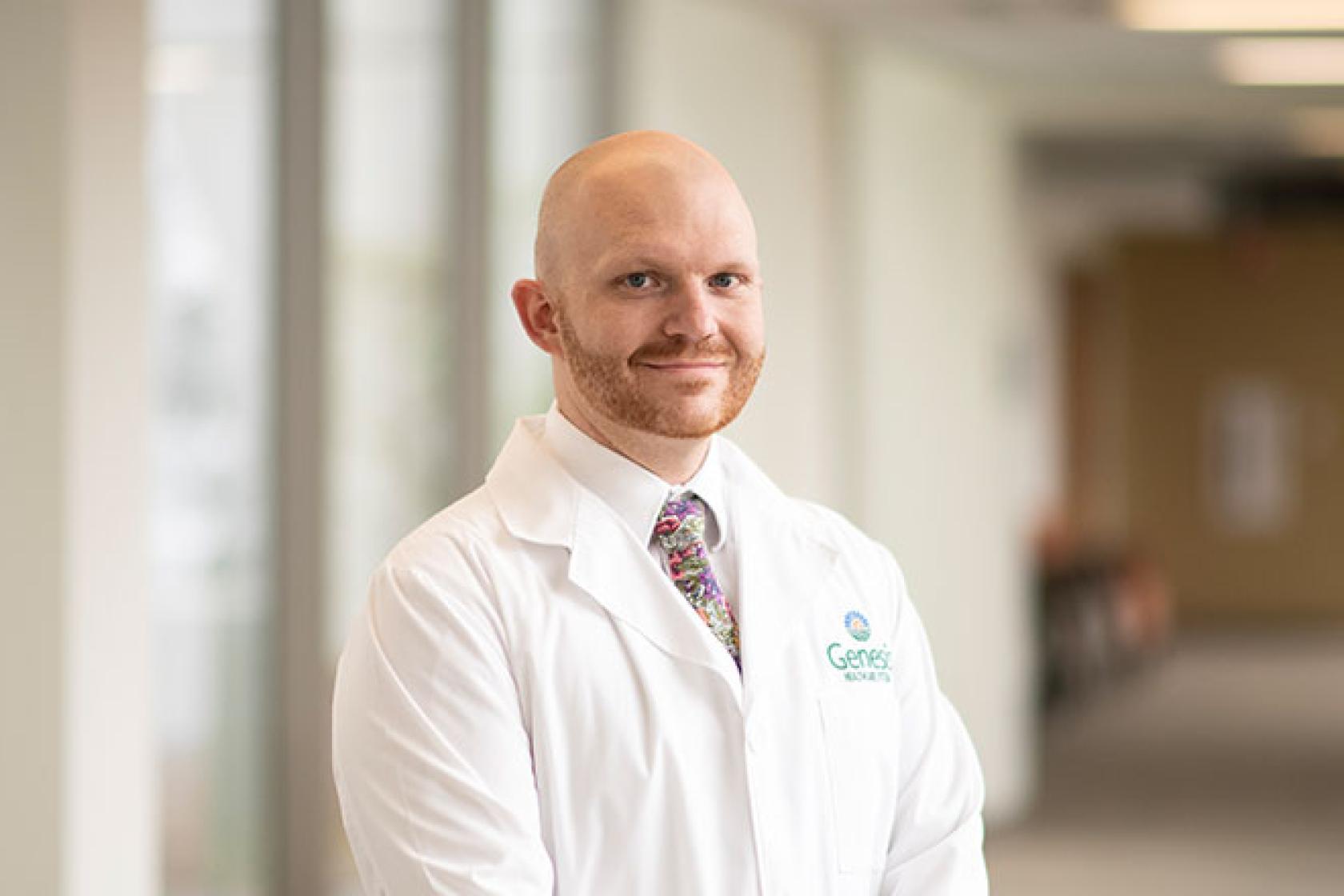Think sit-ups are the best way to build core strength? Think again. While sit-ups have been a workout staple for years, standing core exercises might be your new go-to for a stronger, more functional core.
Sit-ups aren’t the only way
Sure, sit-ups target your abs, but they focus mostly on one area, the rectus abdominis. According to Better Health, the rectus abdominis is a muscle that runs from the ribs to the pubic bone in the front of the pelvis, and when it contracts, it creates the bumps known as a "six-pack."
However, sit-ups miss out on engaging other important core muscles like the obliques and deep stabilizers. Plus, if done incorrectly, they can strain your neck and back. Ouch.
Why standing core exercises win
Standing core exercises like woodchoppers, knee raises and side crunches work your entire core, from the front to the sides to deep stabilizing muscles. They also improve balance and stability, which is crucial for everyday activities and sports. No more lying on the floor. Get your core engaged while standing tall.
Less strain, more gain
One of the best parts of standing exercises is how much easier they are on your body. According to Harvard Health, without the pressure of flexing your spine like in sit-ups, standing exercises reduce strain on your back and neck, making them ideal for people with lower back pain or joint issues.
A full-body core workout
Standing core exercises aren’t just about abs. They’re dynamic movements that engage muscles throughout your body. These exercises mimic real-life motions, helping you build functional strength and mobility.
The bottom line
While sit-ups still have their place, standing core exercises are a smarter, more effective way to strengthen your core, improve balance and reduce strain. Give them a try. You’ll feel the difference.












